A strong tea with a robust character, yet remarkably balanced tea with a coherent aroma. Just like an old sheng puer.
Guangxi Liu Bao Cha 1998, Old Heicha Pressed in Bamboo
€13.40 – €46.17
Description
ORIGIN & HARVEST TIME
China, Guangxi, Guilin Yaoshan 1998
CHARACTER
A strong, budded heicha with a long camphorous finish. Similar in colour, maturity, flavour and strength to the old sheng puer teas. It has a sweet, oily, earthy flavour, less harsh and woody than sheng teas, more mushroom aroma, oily and clean. Even through many infusions it is distinctly strong, the colour of the brew is lighter than shu teas and the steeped leaves are brownish-green. The flavour and character of the old Liu Bao tea is in between sheng and shu puer teas, more similar to the old sheng teas. The brew is not too dark, but very aromatic, with notes of earthy and also green aromas.
Liu Bao tea was invented on family farms in the old days before factory production. Guangxi’s tea hills are located in the forested region of Guilin, one of the most famous tea hills is YaoShan, whose highest peak is around 900 m. This tea is produced by the Yao tribe of the region by traditional processing, first brewed in a wok, then strained and hung over a stove to dry. The roasted, smoky flavour of the dried tea is accompanied by a slight sourness, with less of the earthy taste of cooked (shu) puer. The minerality is very pronounced, the composition is natural and the appearance is rustic. After drying, the tea is matured and fermented for decades, making it rich in live flora, digestive and immune-supportive.
Liu Bao Cha is a post-fermented tea (heicha) with a centuries-old history in Guangxi province. The processing involves resting the freshly harvested tea in the shade, then steeping, kneading and rolling it, and finally pressing it into moulds. This form used to be 40-50 kg baskets in the old days, but nowadays you can find a variety of bricks, cakes and bamboo-encased teas. Over a period of years, the tea has been used to grow fungi and bacteria that are beneficial to the body, and their beneficial effects on the immune and intestinal systems are recognised and exploited in traditional Chinese medicine.
In an age of high fat and protein foods and current dietary habits, acidosis is a threat to the body with symptoms of low immunity, fatigue, memory problems and limb weakness. In such cases, Liu Bao tea helps restore the body’s internal balance, aids digestion, helps break down fats, gently cleanses the stomach and energizes us. It enhances appetite before meals and has a stomach stimulating effect after meals.
As the tea ages, it becomes more valuable and enjoyable, its brew becomes oilier, more complex and richer. Today, it is becoming increasingly popular, especially among tea drinkers in Hong Kong, Beijing and Canton.
DOSAGE & BREWING GUIDELINE
A) It can be steeped for 2 minutes at 95-100°C by boiling water for 4-5 times in longer infusions. Dosage: 7g tea + 2-3 dl water)
B) Modern brewing is no match for this ancient tea.
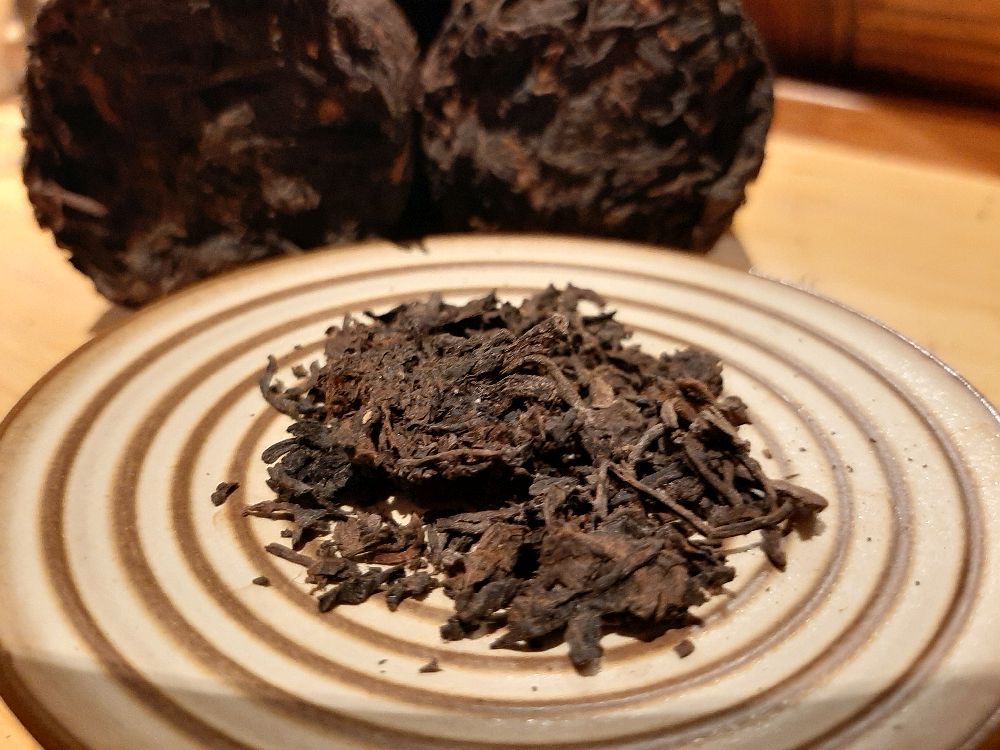
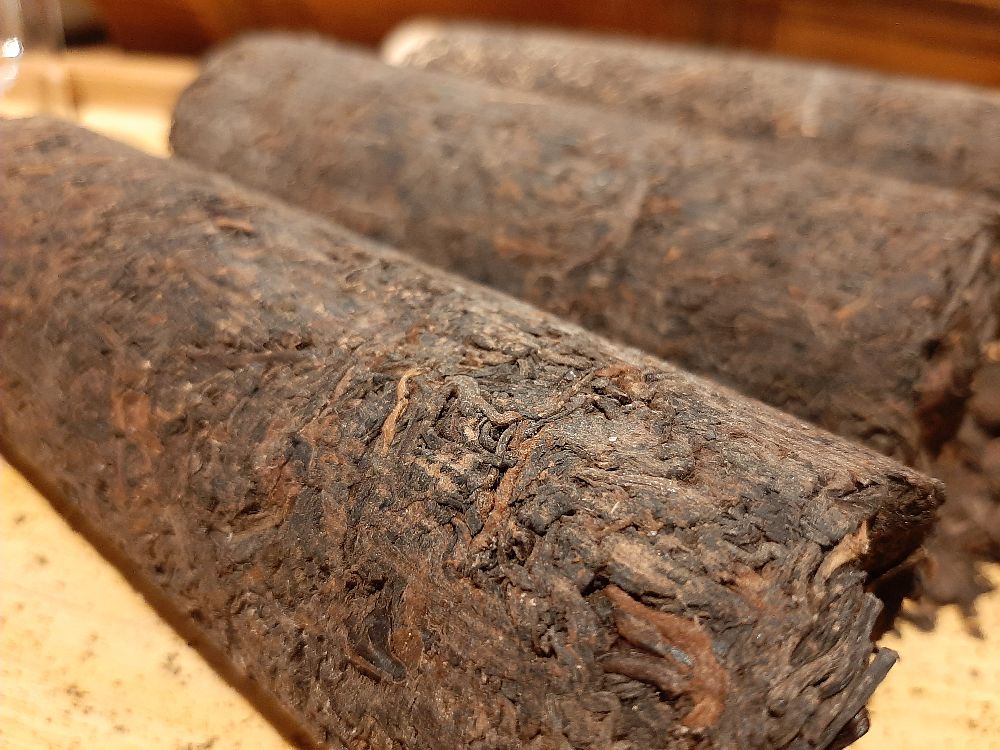
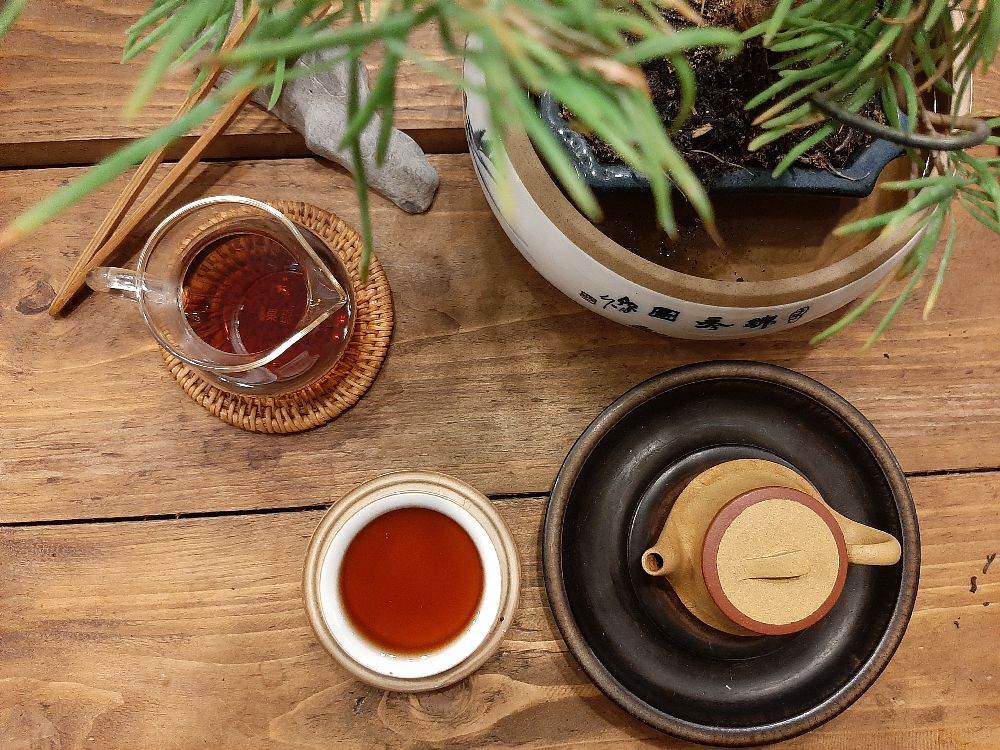
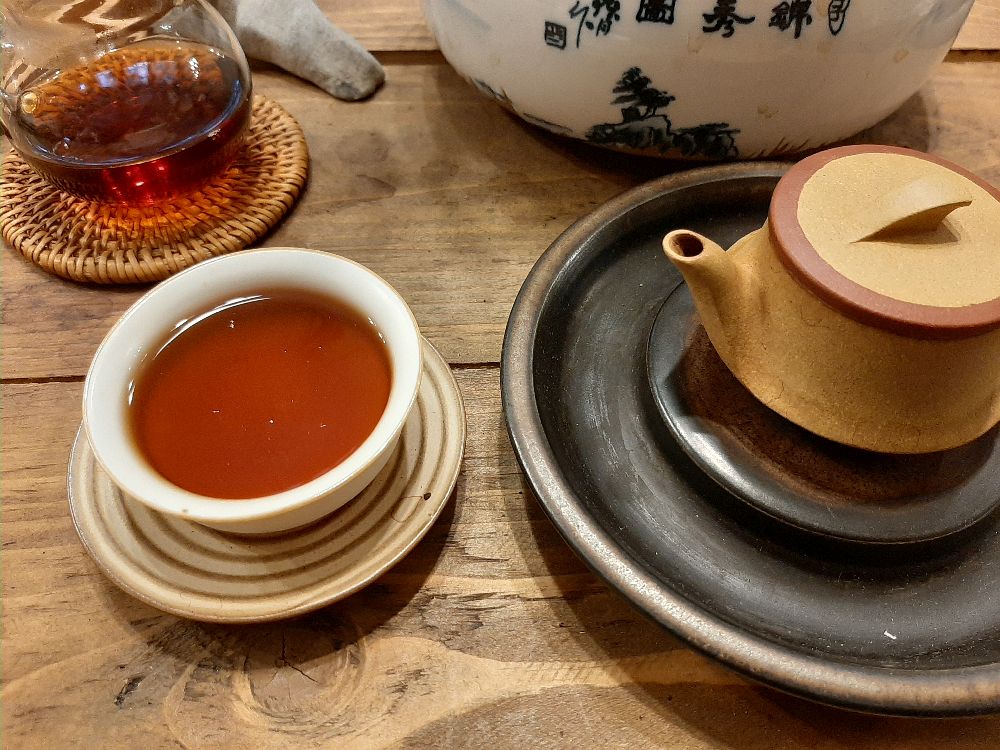
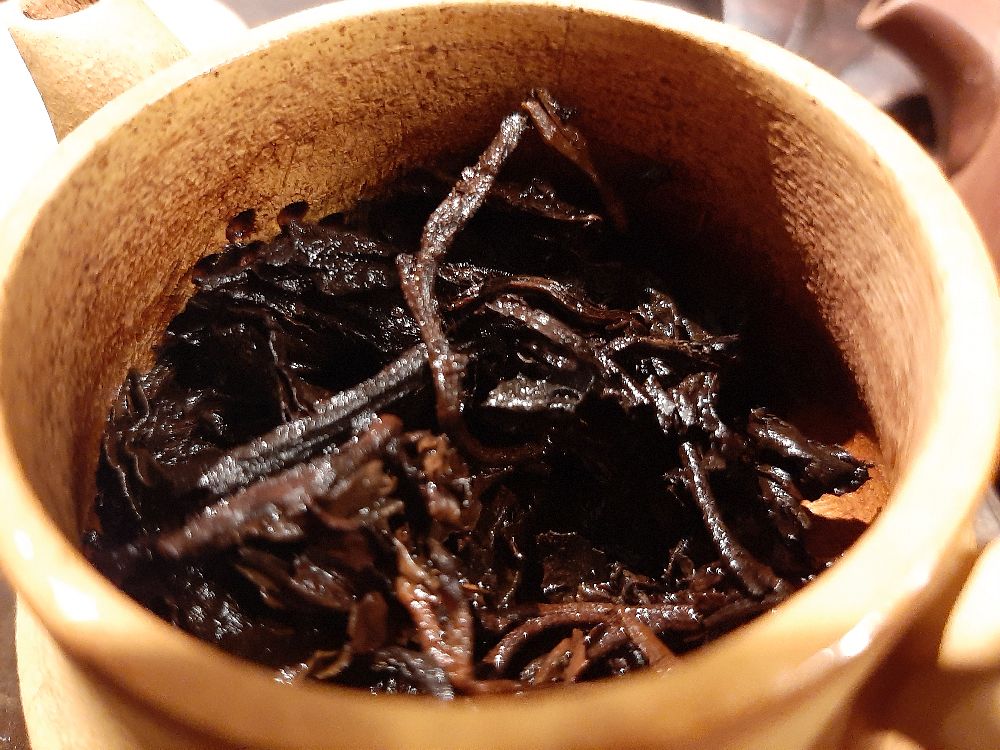
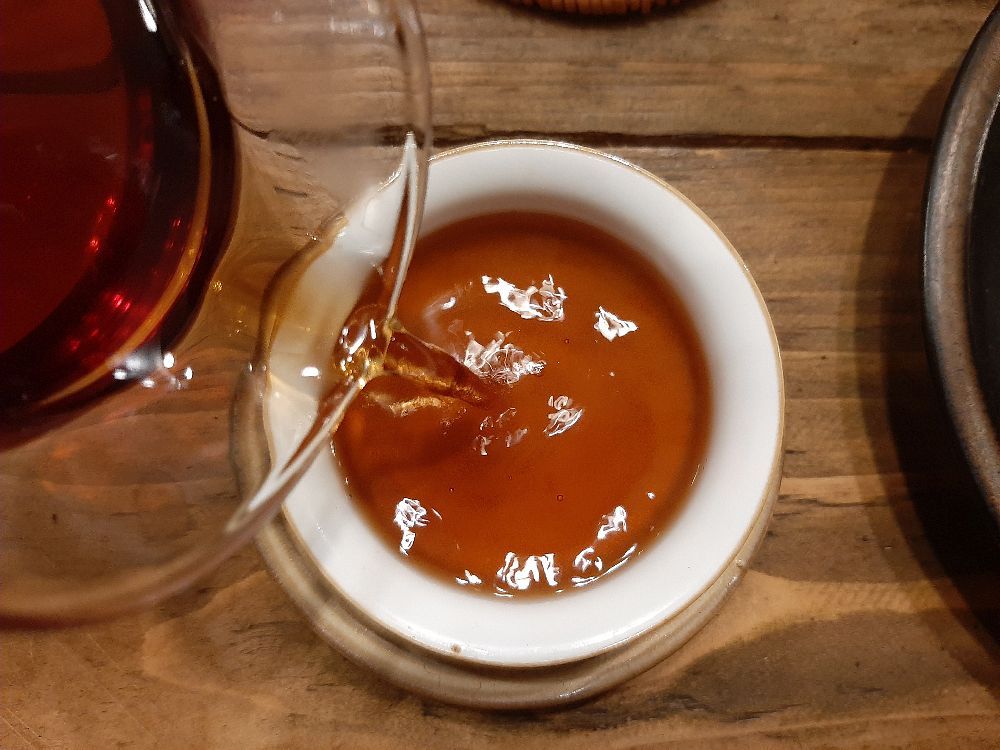
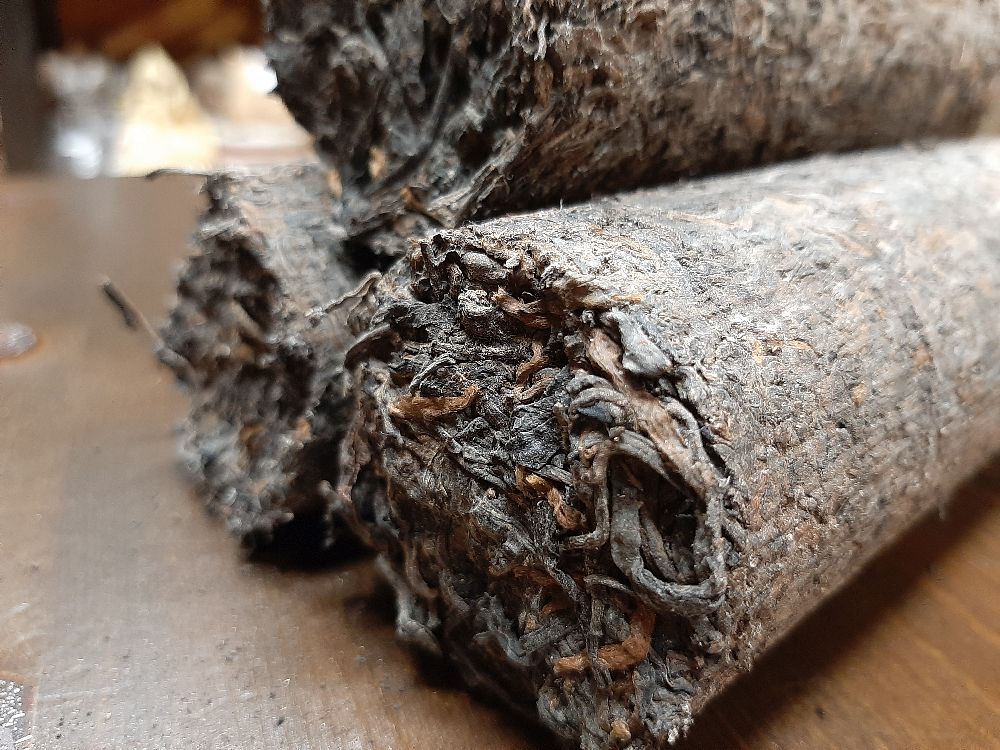

Important Facts and Effects
| Packing Options |
|---|

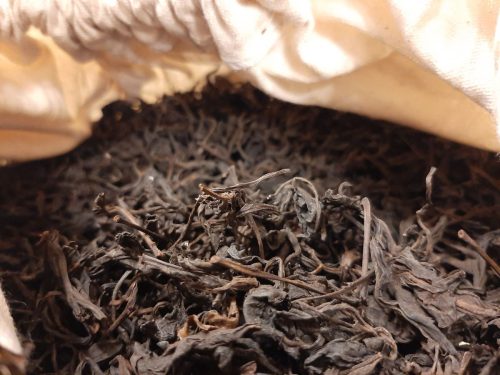
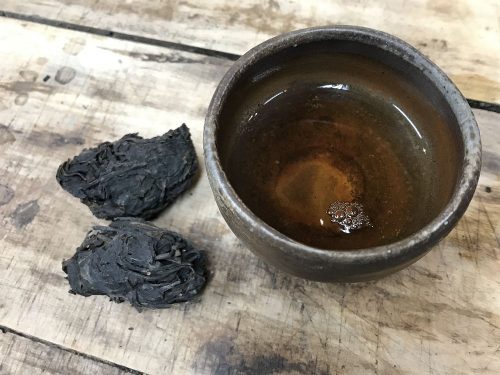
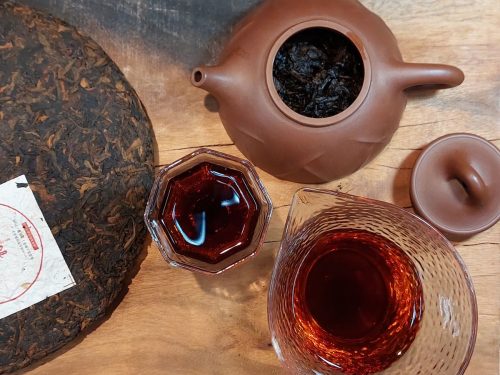
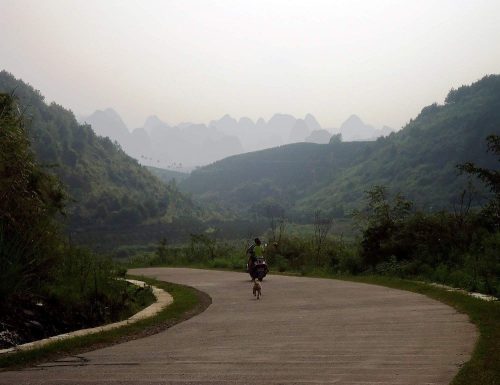
Reviews
There are no reviews yet.